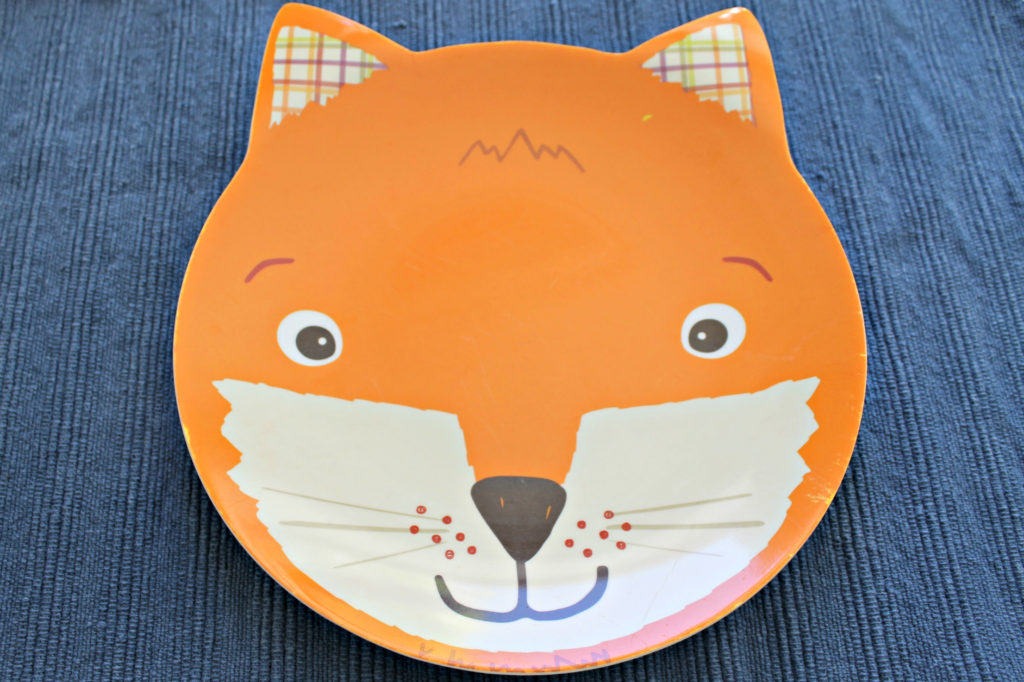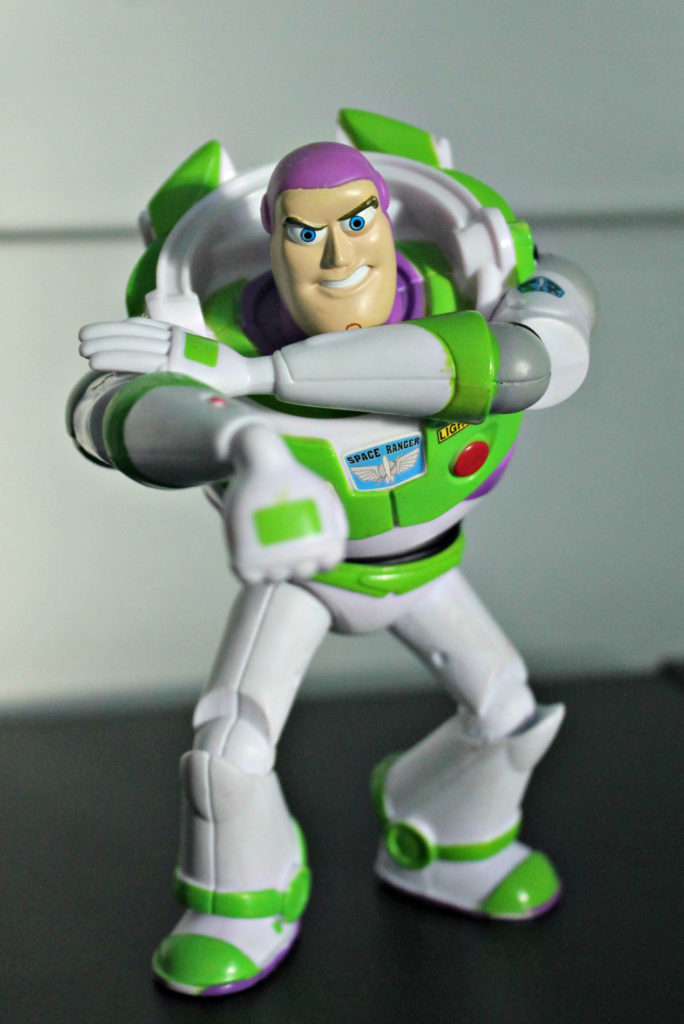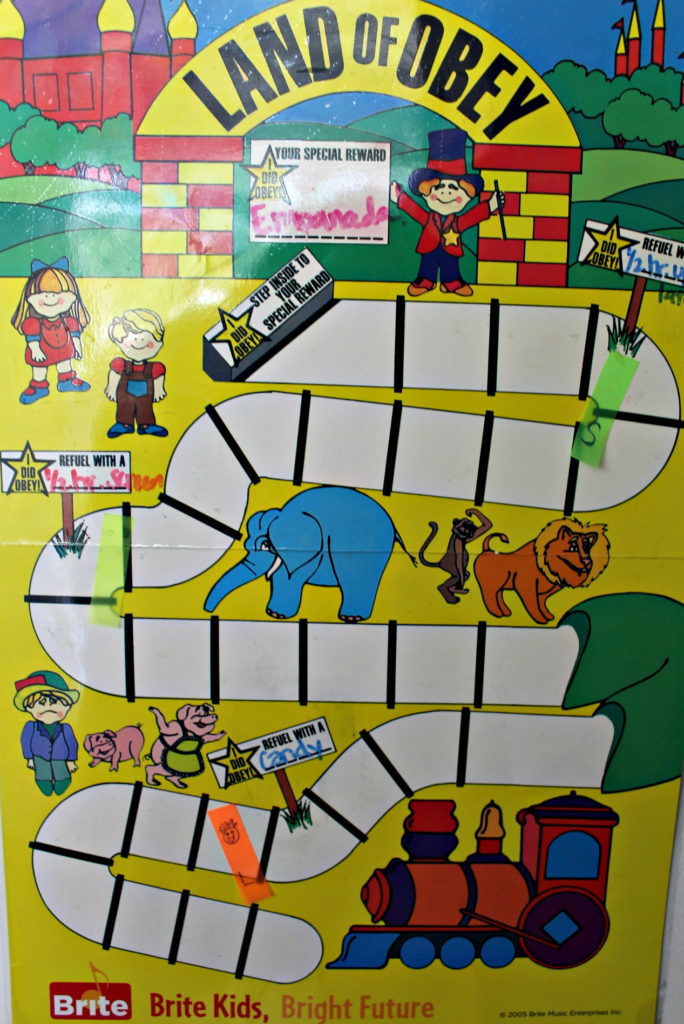We can all agree that our end goal is a happy, productive, independent adult who knows how to contribute to society. The question is how do we get from Point A, infant in arms, to Point B, this “functioning” adult? It’s strange to think of our preschooler as an adult, but sometimes stepping back and changing our perspective can help us “land the helicopter” of parenting as we begin teaching life skills.
Helicopter parenting refers to parents who “hover” over their child, protecting them from any harm and solving all their problems. It’s instinctive for parents to protect their children, so striking the balance between protecting and allowing life’s experiences to teach our child can be tricky.
Professionals agree that failure to allow children the independence they need to learn life skills creates individuals with increased anxiety, decreased self-worth, under-developed coping skills and a sense of entitlement. Yikes! So what are some things we can do increase autonomy and a positive self-image in our children?
5 Tools for Teaching Life Skills
TEACH
It may be stating the obvious, but sometimes our expectations are too high if we don’t set children up for success. Then, when they fail, we get a false sense of their capabilities. Before expecting a child to perform a task, model it for her. The Boy Scouts of America trains its leaders in the Teaching EDGE Method.
Educate- Explain the “why’s.” We put the plates facing the middle of the dishwasher and the cups upside down because the water sprayer spins and will clean them better there. We feed the dog because, just like humans, he needs food for energy to move, and so his tummy doesn’t feel hungry.
Demonstrate- We show them where the dishes are placed in the dishwasher and how to fill the dog bowls with the right amount of food and water.
Guide- Stand by them as they try it themselves, ready to make gentle corrections as needed.
Enable- Allow them to do it autonomously, watching from a distance, and again making gentle corrections only when necessary.
TRUST
Trust your child’s capabilities. I’m not talking about trusting your preschooler with your grandmother’s china. But become familiar with what is age-appropriate for your child and trust him to start trying new things. This website offers ideas of age-appropriate life skills for all different ages. It’s easy to forget to teach tying shoelaces and making a phone call in our world of velcro and text messaging. They are capable, they just need the practice.
PATIENCE
Akin to trust is patience. And some patience. And then some more patience. Waiting for a three-year-old to put his shoes on could tip your stress levels over breaking point as you’re trying to hurry out the door. Allow your preschooler ample time to learn new skills in a stress-free environment. And on those stressful, have-to-get-out-the-door days, it’s okay to rotate which things your child will be autonomous on for that particular day. Just make sure you are giving them enough opportunities to really learn the skills.
OBSERVE
Gandhi taught, “Satisfaction lies in the effort, not in the attainment; full effort is full victory.” If our child doesn’t learn to get that coat zipper up the first, second, or fifteenth time, lovingly encourage him to keep trying. Allow the struggle. Only step in if frustration levels are becoming overwhelming to your child.
In our world of instant gratification, it’s important for our children to experience working hard to gain success. Like the chick hatching from it’s egg, if we do it for her, she will lose the strength and ability to become. Let them experience satisfaction. Sometimes the hardest part is keeping our hands to ourselves when we yearn to reach out and “fix” the problem.
CELEBRATE
Once a new skill is achieved, help them recognize their success and celebrate it! Often the feeling of satisfaction is reward enough. But sometimes it’s also fun to celebrate with something special.
One of our preschool families celebrates with “the fox plate.” Whomever has accomplished a special achievement gets to decide what the fox “says”, as they sing the song, “What Does the Fox Say”. And naturally, they get the plate that night.
Another idea is to have a special toy that is played with when a life skill has been achieved. This toy was played with every time one little boy was successful on the potty.
Charts are another fun way to measure and celebrate success as children set and achieve goals. Some reward ideas are: a visit to the library or park, staying up twenty minutes past bedtime, dance party, some family outside play time, etc.
Whatever the celebration is, the years of progressing towards that happy, well-rounded adult is definitely worth landing the helicopter and celebrating along the way. A great rule to remember is: never do for your child what he can do for himself. Check out this great article for more ideas to help your child on her road to independence.
At UDA Creative Arts Preschool, we are dedicated to teaching life skills to our preschoolers as we celebrate their successes and failures alike. We believe in the process of learning and satisfaction we find along the way. We’d love to show you! You can schedule a tour by calling (801) 523-5930.
Written by: Elsje Denison







